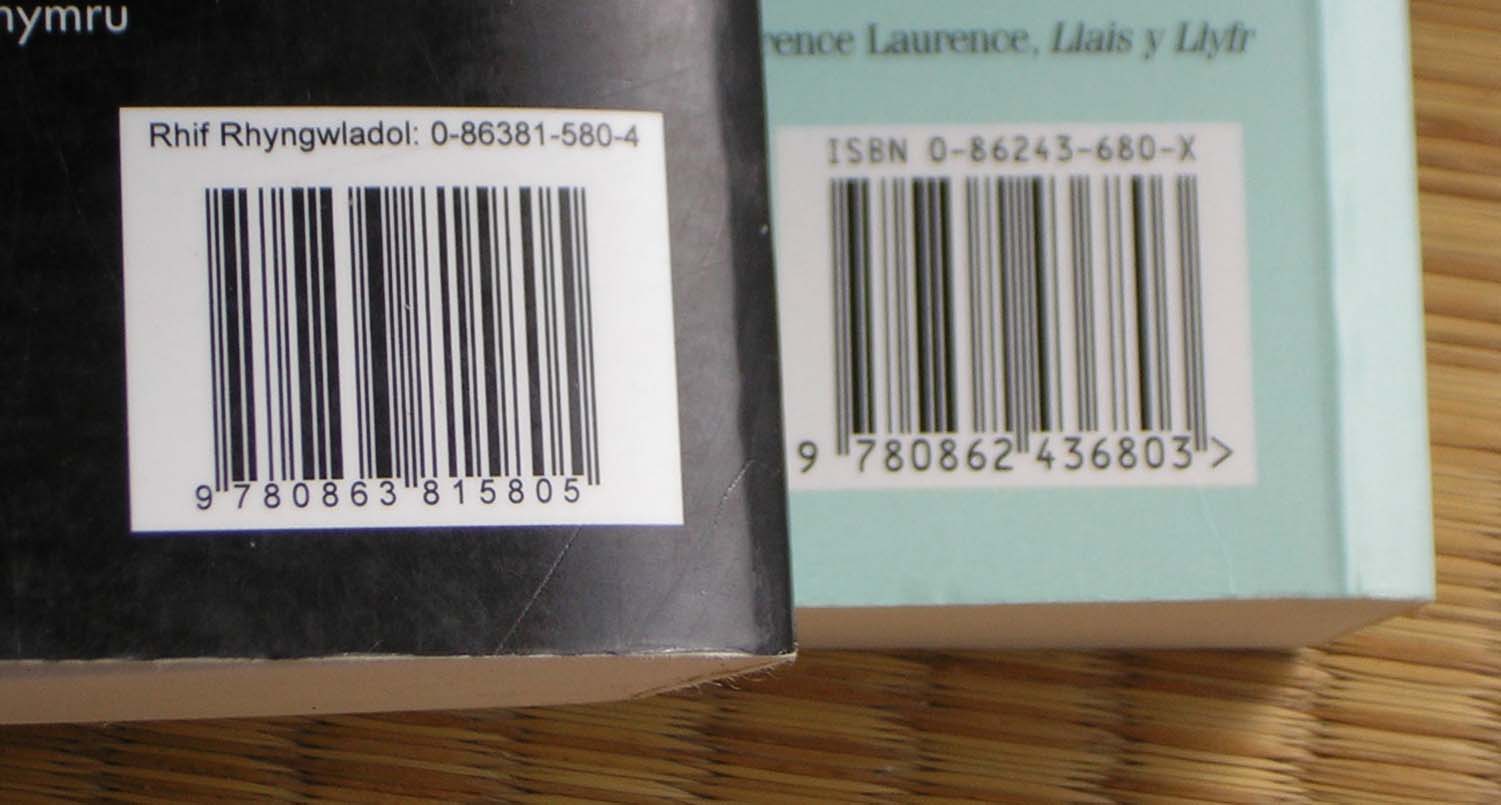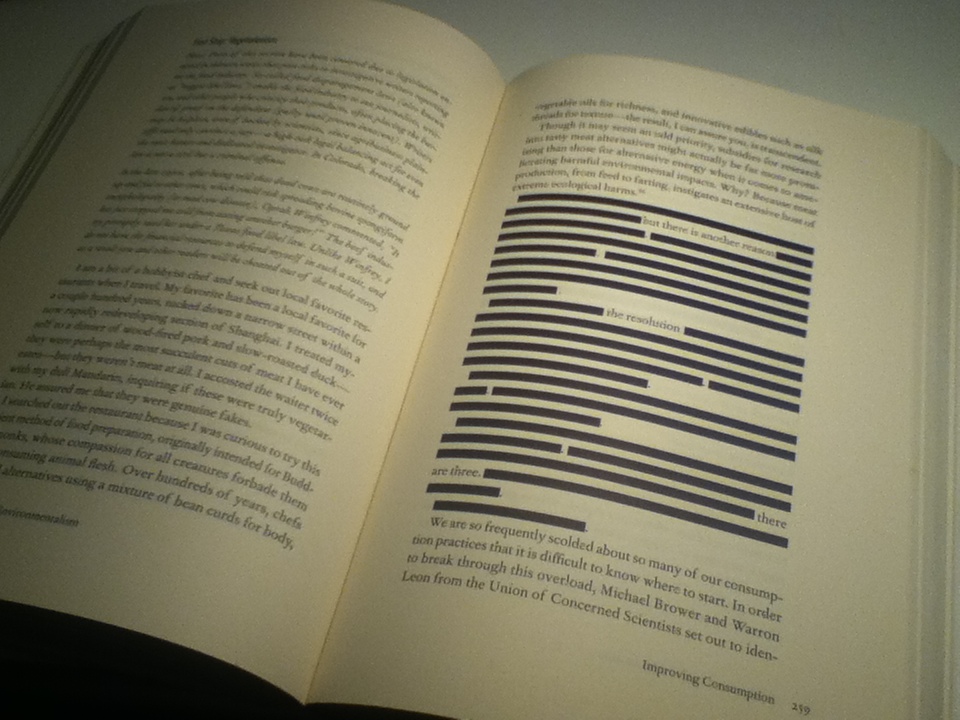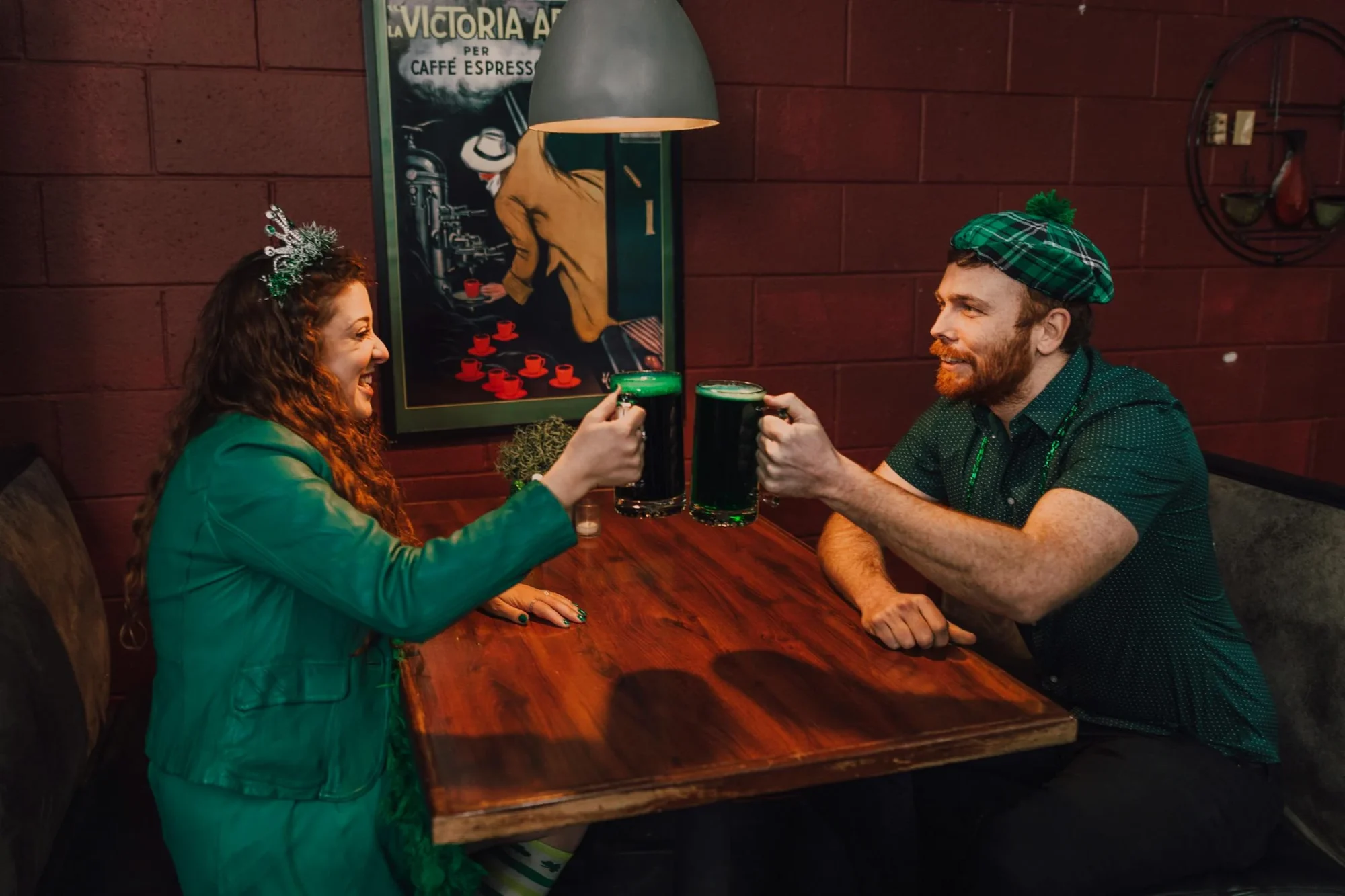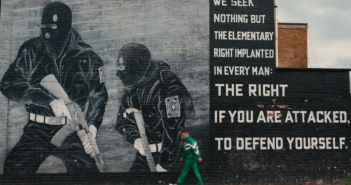One must begin by asking a begging question: is literary criticism, in Ireland, dead?
Recently, reading Susan Sontag’s 1966 essay ‘Against Interpretation’, this reviewer noticed the absence of the pronoun ‘I’, which has become ingratiated in the ‘I’ singular, the most fantastic, the singular phenomenological self-view.
The singular ‘I’ – the Me, Myself, and I routine. This reviewer sees this everywhere due to social media. Me, Glorious Me, forever Me, and Me. Like some demented character from Roald Dahl’s children’s book adapted into a musical.
In Susan Sontag’s piece, in the essay’s opening channels, she discusses Mimesis – Mimetic theory from the Ancient Greek world, and how Western consciousness has since seen all art as a representation of the past. This is a fair and accurate point. Some musical pieces of the modern era are inspired by what has gone before – take Poculum Harlem’s A Whiter Shade of Pale – some of the music was borrowed from Johanas Sebastian Bach (Bach’s Orchestral Suite No. 3 in D Major (BVW 1068), movement II, better known as the ‘Air on the G String’) and Intertextuality and other forms of tweaked reproduction for the public, consuming sphere. In other words, capitalism.
Has the woke agenda razed the literary Towers of Babel to hark on with their overt, aggressive liberalism so that anyone with a rational, logical mind with an understanding of a particular subject outside their, the philistines’, own parameters are pillaged and vociferously vilified if they dare have a masculine view/take on, in, a broader sphere?
Oh, if we could be visited every day with the dove of learning or visit Borges’ library to select another book after returning the one we have read back to its endless shelves.
Or will they, the literary critics, routinely be ignored and silenced into oblivion as to engage in something outside of their (the braying rabble) comprehension – is to admit concession to something?

Susan Sontag.
Bonfire of the banalities
Social media has helped create agentic and situational narcissists by the acreage, who are self-involved, selfish, and unable to challenge themselves to see a world beyond the digital screen in front of them with scrolling videos. On and on it goes … like a long narrative poem dedicated to the self.
The era of banality is thrust upon us. There is, no doubt, a proliferation of mainstream publishing content waxing lyrical about this and that, but when you question writers on what and who they have read they shy away from answering. Why?
Mainstream mediocrity is part of the problem.
They are fearful of criticism. They cannot contend with criticism because its connotation is ‘not to like,’ which impacts their overt sensitivities and victimisation mindset(s). Fear is integral to them being found out for the half-baked, badly-read charlatans they really are.
In the Irish Literary Scene, Wokeism is a dominant model the media has embraced.
The Philistines’ rendering of Art toward annihilation through their immaturity and blind-sided emotionality sees a casual shift towards to a lesser formulation in production and the end product. The celebration of the banal – the cumulation of a taping a banana to an art gallery wall. What is this tokenistic, attempted gesture or symbolism? A chimpanzee’s take?
A middlebrow mediocrity has taken most of the literary, mainstream positions and loves nothing more than to espouse its own form of ‘I, I, me myself and that of my friends’ view.
They do not really serve literature – the thing itself, Art; instead, they serve the din and hype spin for the work they are trying to publicise.
It is tonal naïveté due to a lack of maturity. Instead of seeking logic, they seek out an entirely narrow pedestal upon which to place themselves. This is their desire: to be talked about, admired and adored. It could not be any less further from the childhood pages The Princess and the Pea or The Emperor’s New Clothes, straight from the Fairy Tale Rule Book. Rule No.1: Take an arrogant, self-involved, aggrandising trait and go through many tribulations to finally learn humility. And peace of mind. I see it playing out in real time. Facetiously.
Humility is a great virtue one may have to learn in life’s travails. This is the paradigm I see time and again in life and on the socials.
All works of Art should speak for themselves. As in, the work should speak for itself.
Silence by maturer, and should know-better, enablers who stay mute. To take a stand is to raise one’s head above the parapet, and who wants to be dog-piled or cancelled by the braying rabble once they start?
Nepotism in Ireland
This is not complex—we do not have to draft in hermeneutics to examine the Nepotistic biases. Nepotism is an unutterable word in Ireland, North and South, but it is dominant. It is so dominant that those in positions of power live in a kind of comfortable, headstrong, warm denial that there is no Nepotism in the literary Arts in Ireland. Ireland and Irish people have a way of not looking at the end of their introspective fork … why?
What they forge on the bow of their ship, without foresight, is the transitory nature of the imbued self in the nectar-sweet plateaus, which they seek to ascertain and commandeer for their greed – the promotion of the self.
They seek to publicise their own and only agenda – themselves. It has become entirely predictable and wholly pedestrian.
They do not read critical literary theory – therefore, they are not considering critical literary theory. If you do not read or consider theory, how can you know what a logical take with substance is, and what it is not? To weigh up literary theories and ideas help enshrine the mind’s understanding of prior accepted literary texts, never mind toward growth and maturity.
Ireland, North & South has always had nepotism and nepotistic biases – you have to be ‘someone’ to get published. Where does this way of prejudicial thinking come from?
The perfect image represents the proposed product displayed, but the product is a much inferior facsimile. It has crept into the literary world, too.

Overrated Novels
A lot of mainstream novels have a naïve bluntness in terms of tonality. In terms of literary Art, seeking out relational emotionality, as the model for the plot is overrated – there, I said it.
The predictable chatter and babble that encompasses spin are endless. It is senseless. It has no basis in logic, and this hyperbole operates in a moral vacuum with tendrilled emotionalism as its core foundation.
Take any mainstream novel, the college-girl mentality has read this work and resonated emotionally. The formula is predictable: the girl meets the boy and falls in love with the boy. Falls out of love with the boy. The developing mind relates so much with the story and the characters that they overrate the novel. It has been heavily publicised by the capitalistic dyad of agents/publishers to make money and profit, and it appeals the sensibilities of young women who have their own money to purchase it.
It is not, however, Art. Again, it is a novel, verging on the YA formula, to reiterate this point, to drive it home: sells an easily digestible plot that is relational and has relatable characters of young types to readers within its flimsy paragraphs. The writing is wooden and clichéd, and it runs along the vein of ‘Sam sat down, uncorked the wine. Then he tried some…. While Michelle munched on a croissant.’
This prose is immature, tiresome, wane, and tedious to the committed reader. These clauses and sentences are flat. Where along the way did well-written prose lose its pomp, jolt and creative juice to arrive at this stale juncture? A good, sturdy breeze would blow its walls and roof away.
Like taking a gondola down the Tigris. Like sending a bowling ball skirting along a millpond.
They soon lose their gloss these books. Once braced around the work, when the PR scaffold is taken away and is no longer there, it is sent plummeting to the depths.
To spell it out plainly for the Philistines, they diminish Art. They admonish themselves.
This has descended into a cultural ‘war’, pitting defenders and lovers of Art against the emotionally-led, shallow comprehension (not yet developed in an emotional sense) Philistine(s).
And then others have dictators in the wheelhouse, and what they say goes…
To be a literary critic in 2024 is to be an exile. To scratch out a meagre existence in the swampy fens while within the walled citadels of comfort – on the internet – poets, flunky wizards and flaky white witches dwell with their immature poetry and mulchy sentimentality.
Syncretism and Neoplatonism are required. Over time, what is needed is based on a hegemonic principle – and it happens without much effort. The strongly composed works hold up, and others, the ones that were once regaled with great infinity, now have a wilderness of non-plussed minds that do not engage at all. Shameless!

Criticism leads to Censorship
The reviewer of this piece dealt with some of the mentalities above, but it did not go well.
One well-known literary magazine editor in Ireland had asked for articles on homelessness, and I had a piece ready and fired it off. I received an initial email response saying it had been received, but then there was nothing. Silence. I emailed again, and eventually, after about four or five months, I received a reply which stated, ‘This was the best piece out of them all, but I cannot publish it due to possible legal reasons down the road.’
I had changed names in the piece. No one was identifiable unless the main culprit involved became prissy, but they are not a literary lover, and why deny a person’s literary voice? The editor patronised me with a tardy sign-off, talking of homelessness generically as a terrible thing, while I was currently experiencing it, probably unbeknownst.
I was annoyed and let loose a volley of sentences criticising some of the work I had already read in Ireland, saying he was, in a way, silencing me and my work. He did not reply and continued to refuse my submitted work. I did not know the guy, but after viewing some videos of him online, I realised that he comes across as an individual in a position of power and, in my experience, cannot take any criticism. Petty then.
On reflection, my response was immature, yet here was an editor who was not brave enough to take a chance on a ‘new Irish writer,’ and continued to ignore any work I submitted to their magazine. I ceased all contact as it is a waste of energy competing with such a narrowminded, selfish mentality. This is censorship, pure and simple.
An individual I met at university bravely stood up and questioned the selected nepotism. They are now part of the tiny, elitist cabal in ‘literary’ Dublin, and once told me in a private message on social media that they ‘deserved it’ – to be part of the select few. I couldn’t help but notice they were in a relationship with someone running a literary magazine.
If your face fits. If you are ‘someone,’ you are in. That is, if you are fulfilling an Ireland Ltd PR spin function. You are censored and ignored if you are intelligent, rational, and well-read, because being well-read strikes fear into the philistine. They respond with a snarl because you may be ‘better’ at something than them, and they cannot have that. In the depths of their rotting psyche, the insecurity bubbling away in the pitch of their being, they really know that they are the better. This is how immature and petty these scenarios roll. Awful.
But they won’t engage with the criticism because engaging is a way of dealing with it, and they don’t want to. They want gloss, spin and saccharine nonsense – here today, gone tomorrow.
Some more rational and democratic literary outlets will see the literary merit, but … those are rare. Support goes to the mainstream, as that’s where the money is.
Literary Art will always outlast the mediocre after the rabble stops squabbling and the dust settles.





